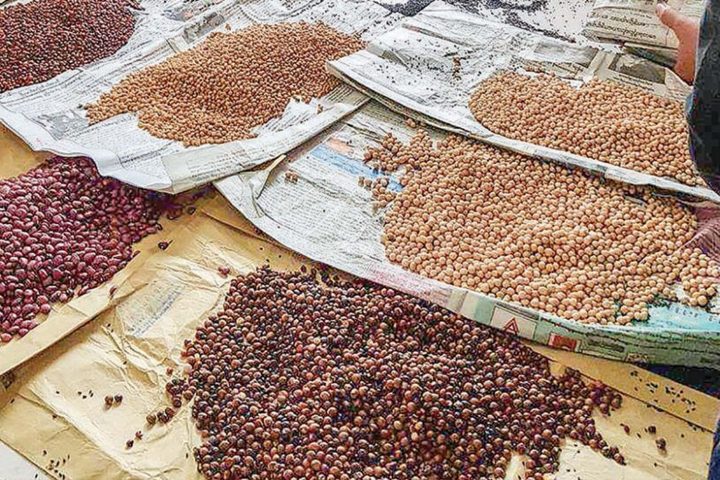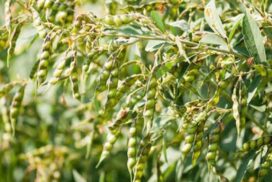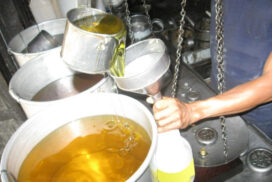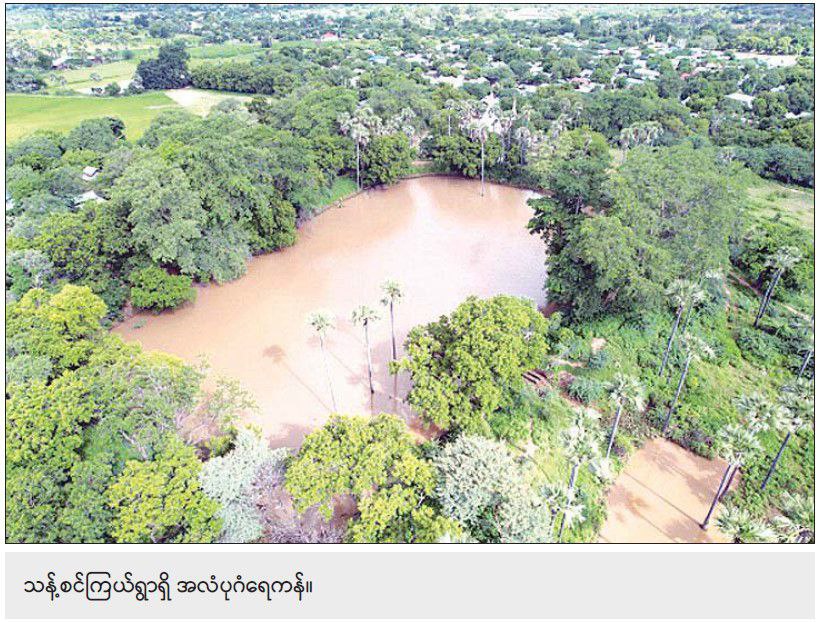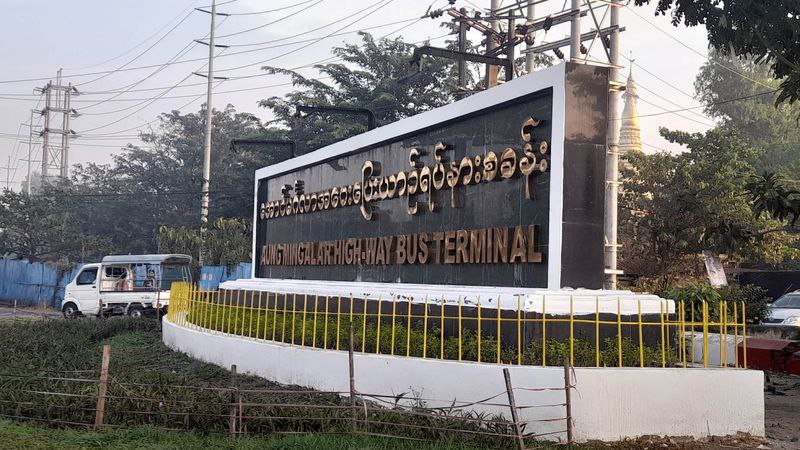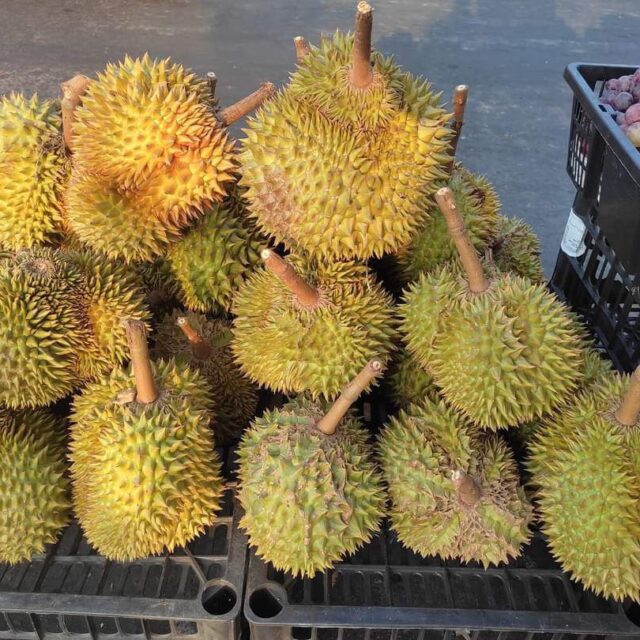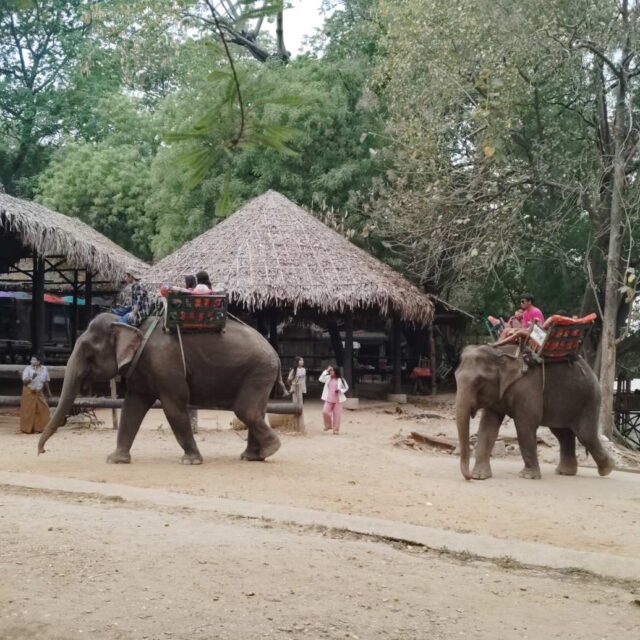Pigeon pea price reached a record high of over K2.2 million per tonne in the domestic market.
Last August, the record price of pigeon peas was K2,120,000 per tonne. Therefore, the prevailing price of K2,211,000 per tonne broke a new record, traders involved in the pulses market said.
The demand of the main buyer India influences the prices. The price soared on the back of strong demand.
Additionally, India notified on 28 December 2022 that the free import policy of black gram (urad) and pigeon pea (tur) extended up to March 2024, causing the price plunge, traders pointed out.
The Kyat value against the US dollar also affected the price of pigeon peas. The hard currency is exchanged at K2,880 in the unofficial market at present. Last August 2022, weakening Kyat to over K4,500 against the US dollar drove the pigeon pea price up to K2.12 million per tonne.
Myanmar bagged over US$1.2 billion from more than 1.6 million tonnes of pulses exports over the past 11 months in the current financial year 2022-2023 (April-March). Of them, pigeon pea export earned $157.90 million from 202,557.35 kilogrammes, the Ministry of Commerce’s statistics showed.
Myanmar primarily exports black gram, green gram and pigeon peas. Of them, black gram and pigeon peas are mainly sent to India while green grams are shipped to China and Europe.
India has growing demand and consumption requirements for black grams and pigeon peas. According to a Memorandum of Understanding between Myanmar and India signed on 18 June 2022, India will import 250,000 tonnes of black gram and 100,000 tonnes of pigeon peas (tur) from Myanmar for five consecutive years from 2021-2022 financial year to 2025-2026 FY. This G-to-G pact will not affect the pulses’ annual quota set by India. Myanmar’s exporters are also entitled to deliver the pulses to India under that annual quota.
Myanmar yearly produces approximately 400,000 tonnes of black gram and about 50,000 tonnes of pigeon peas. Myanmar is the top producer of the black gram that is primarily demanded by India, while pigeon peas, green grams and chickpeas are cultivated in Australia and African countries besides Myanmar. — NN/EM
Pigeon pea price hits fresh new peak of over K2.2 mln per tonne
- March 11, 2023
- 439
